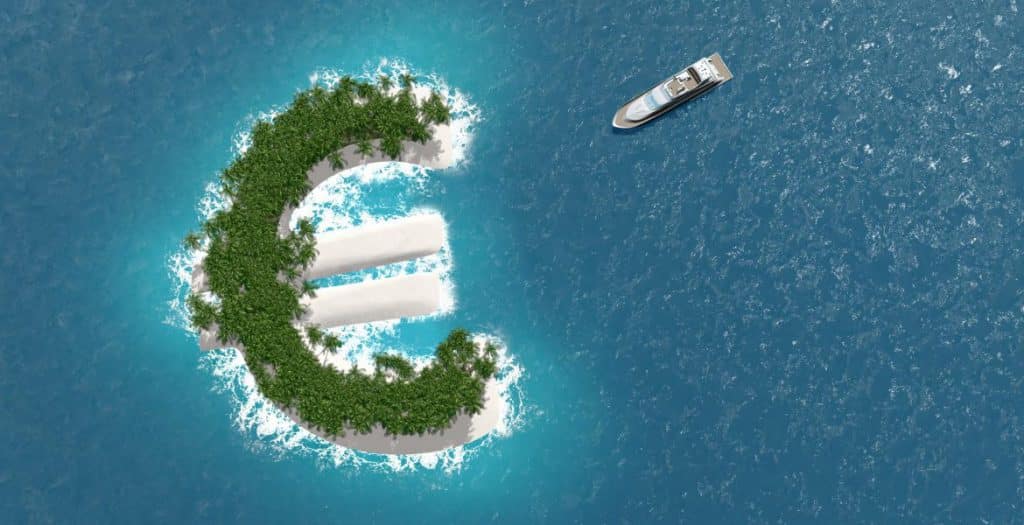African countries are losing a lot of money due to the existence of tax havens. Reason enough to stay away from them, we wrote in an article in Allegiance.
Outgoing finance minister Wopke Hoekstra has spent years invested in a tax haven. He bought shares in a letterbox firm based in the British Virgin Islands, investing in Asilia Africa, a company offering safari trips in East Africa. The uproar is great: Hoekstra owned shares in a letterbox firm until a few weeks before he became minister, which he would then act against in his role as minister.
The anger is now focused mainly on Hoekstra, questioning the legality of this investment, and in particular the failure to report it during his time as a member of the Senate. Unfortunately, there is little regard for the other side of the coin: the money "earned" by evading tax also means a loss of tax revenue elsewhere, for instance in East Africa where Asilia Africa operates. Asilia Africa organises safari trips in Tanzania and Kenya, to - as it says on its website - encourage local employment and development.
While this is a noble goal, it cannot be reconciled with a letterbox firm in the Virgin Islands. Indeed, the best way to boost employment and development is to pay taxes in the country where activities take place. After all, tax revenues can then be used locally, and thus also flow back into society through public services. Incidentally, it is still unclear whether Tanzania has actually lost tax in this case, but setting up a letterbox firm in the Virgin Islands gives food for thought. If the economic activities take place in Tanzania and Kenya, a letterbox firm in the Virgin Islands is not only unnecessary, but downright unethical.
More money disappears from Africa every year than comes in
Hoekstra's letterbox firm is unfortunately not an isolated case. Every year, more money disappears from Africa than comes in. One of the main causes of this is tax avoidance and evasion. It is therefore of great importance that the international tax treaty, agreeing on an international minimum tax rate, is hastened to remove the perverse incentive to make money through tax structures.
Moreover, we should not forget that the Netherlands is itself a tax haven; recent research by the Tax Justice Network and the Global Alliance for Tax Justice shows that the Netherlands ranks fourth in the list of tax havens. So it is not enough to engage in international cooperation; we will also have to take a very critical look at our own actions.
Of course, it is not credible if the Netherlands - through Minister Hoekstra - is fully committed to a global tax treaty to combat tax evasion, but then turns out to enable these transit constructions itself. The Netherlands should no longer act as a transit country and a global tax treaty, including an international minimum rate, should be concluded as soon as possible. This is the only way to achieve a fairer global tax system. This is an important task for the new cabinet.
Short-sighted policy
Finally, as a minister with the image of being a thrifty treasurer, it shows great short-sightedness that we invest millions in development cooperation on the one hand, but then recoup this twice over via our role as a tax haven. We pretend to be the best in class, but dangle at the bottom.
The frustration surrounding Hoekstra is understandable, but it is ultimately only a symptom of the real problem. As long as these kinds of tax structures are still legal, they will be used, and the very countries where the money is most needed, as in this case in East Africa, will be hit hardest.




